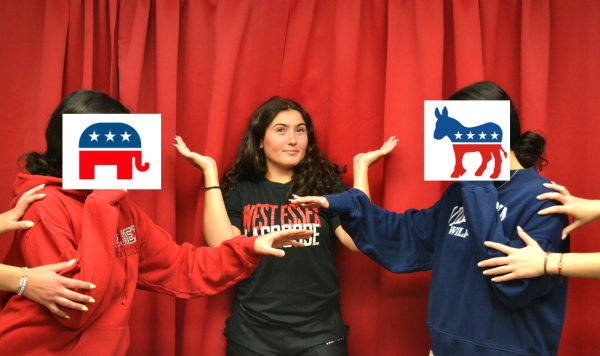OPINION: TikTok detectives must stop spreading misinformation
While families grieved, college students lived in fear, and police searched tirelessly to find the killer of four University of Idaho students—Ethan Chapin, 20, Madison Mogen, 21, Xana Kernodle, 20 and Kaylee Goncalves, 21—TikTok creators miraculously became self-designated crime solvers.
Since the murders on Nov. 13, 2022, various conspiracies began to circulate TikTok, with many speculating as to what might have happened to these students. Beyond the typical who, what, when, where and why questions, TikTokers took their curiosities a step too far.
In late November, Ashley Guillard, a self proclaimed psychic, took to her TikTok account to share a tarot card ‘reading’ hinting to an alleged suspect: Rebecca Scofield. Guillard told her viewers that Scofield had romantic connections to the murder victims, and was the one to initiate the violent killings. After numerous accounts of Guillard insisting on Scofield’s ‘involvement’ in the case, Scofield contacted a lawyer. On Dec. 8, 2022, Guillard was asked by courts to remove her false allegations connecting Scofield to the murders; Scofield was in Portland with her husband at the time of the murders and had never met any of the victims.
This is only one of the many examples where social media creators have tried to accuse a completely innocent person of being a perpetrator in the Idaho murder case. Not only have these conspiracies ruined lives of those accused, they have also caused confusion, making it nearly impossible to differentiate between real evidence and speculation.
It is one thing to spread awareness about a murder case in the form of factual information, but it is quite another to spread misinformation. Even after the conviction of Bryan Kohberger, who was charged with first degree murder of the 4 victims, was publicly announced, many people (especially on TikTok) still pursued the case, pointing fingers at ‘alibis’, ‘others involved’, and ‘missing details.’
Amidst the investigation, Jeremy Reagan, a third-year law student at the University of Idaho and neighbor of the murder victims, became a prime suspect across the internet. Those online took his nervous smile while talking about the crime and proximity to the scene as a justification to torture him. Relentless posts and accusations bombarded Reagan’s life. While he has given police all necessary information to prove his innocence, it didn’t seem to be enough to stop the internet’s allegations. TikTok investigators went as far as contacting Reagan’s family and friends, and diving deep into his personal life. Reagan has acknowledged on several accounts, including an interview with FOX News, that the target TikTokers have put on his back pushed him to feel so unsafe he now carries a pistol.
Instead of accomplishing anything even remotely productive, these TikTok creators have warped this devastating case into something seemingly fun: a puzzle to solve, an embodiment of a real detective, or the reality of their favorite true crime show. It’s nothing short of immaturity and selfishness; everyone wanted the crime to be solved and the details to be shared, but their actions simply added to the chaos of its mystery.
It’s no secret that social media is a dangerous place, but creators should be more aware of the information they spread, a simple theory can ruin somebody’s life.
Photo Credit: “Caution” by Tak H. is licensed under (CC BY 2.0)






